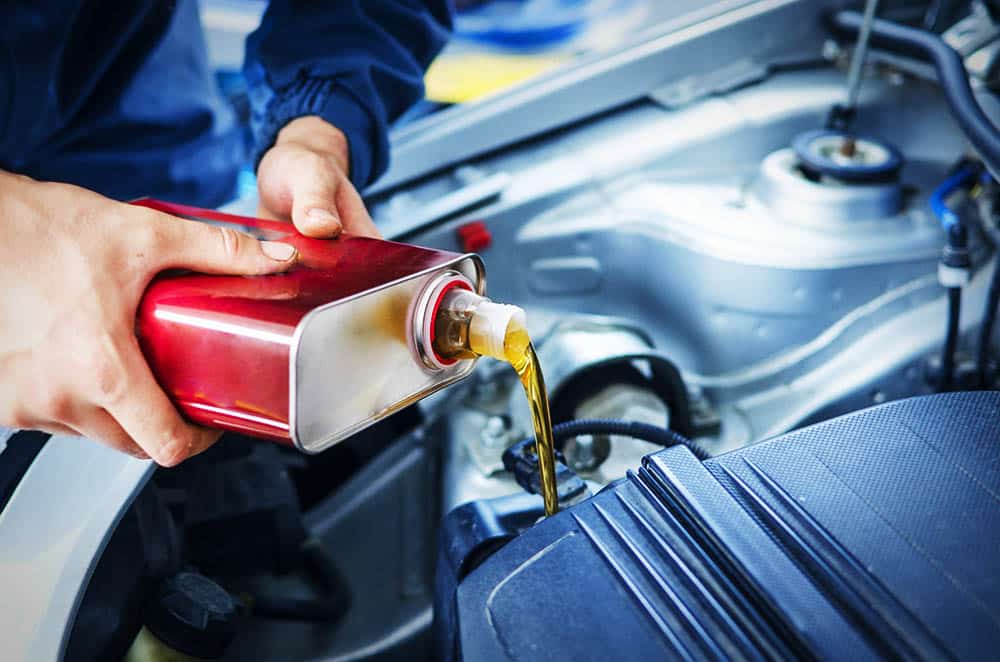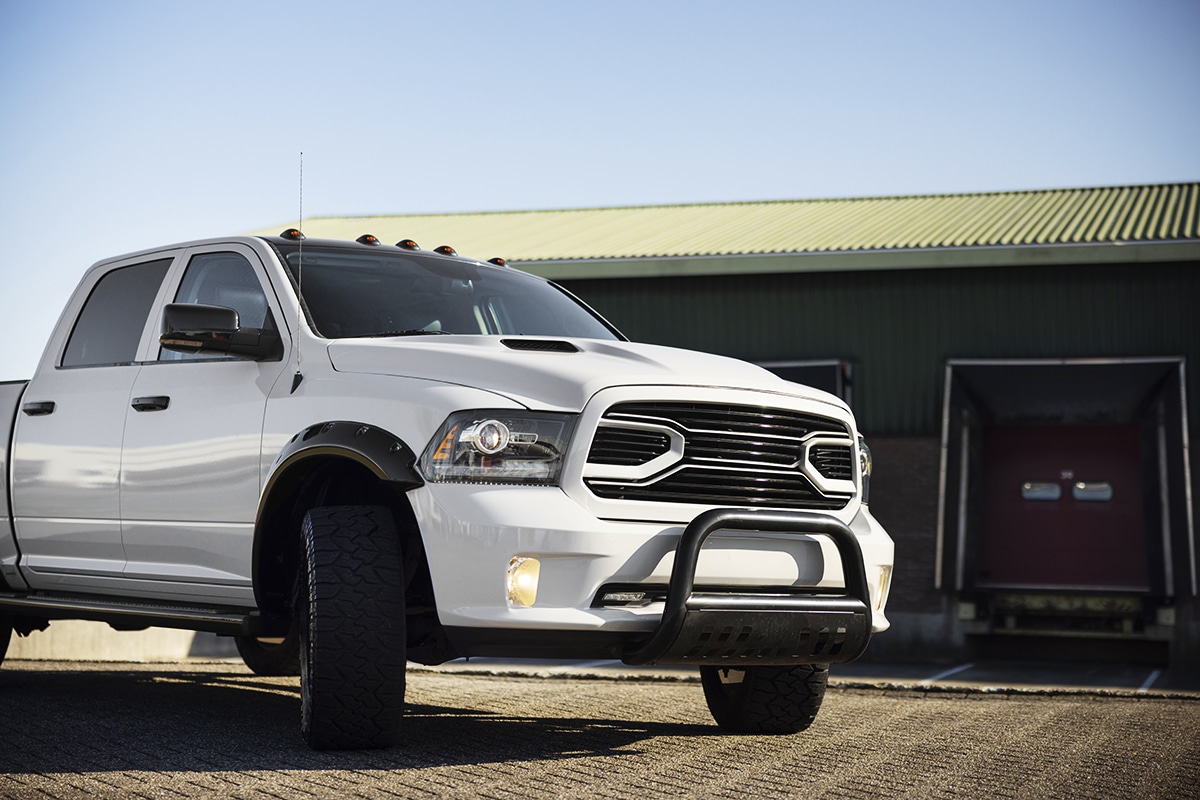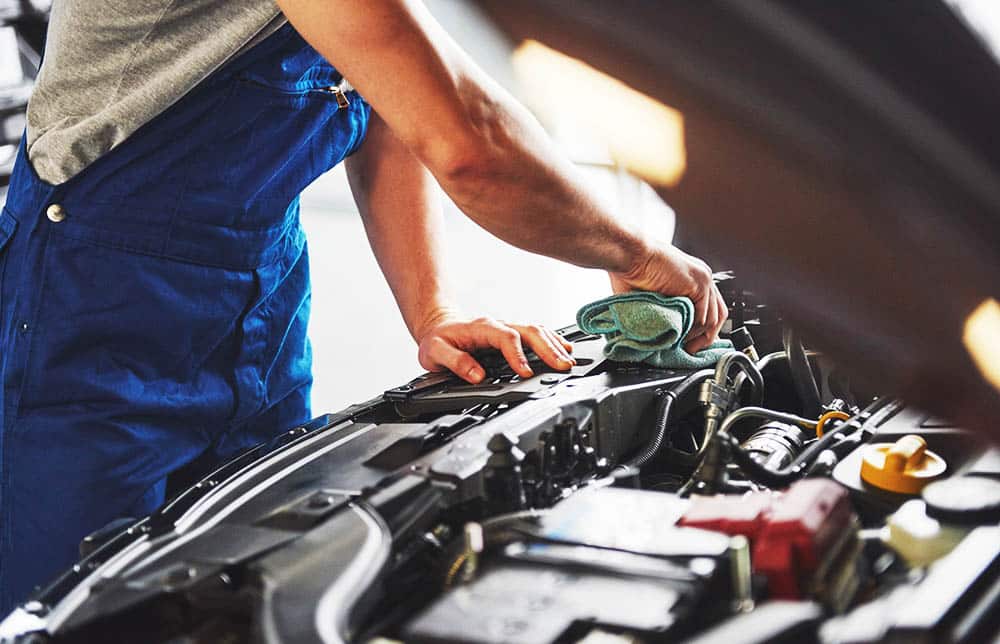Cars are a vital and constant presence in our daily lives. They allow us to get around easily and quickly, making it easier to get to work and enjoy our leisure time. However, it is essential to ensure that our cars are in the best possible condition and that all parts, including brakes, are regularly maintained, inspected, and updated. Brakes are one of the most crucial safety features of any vehicle, and that’s why regular brake pad changes are essential. Experts recommend changing your brake pads every 25,000 to 50,000 miles or every 3 to 5 years, as improper maintenance can result in significant and costly damage to the car and its driver.
The Importance of Regular Brake Pad Changes
The brakes on your vehicle function by creating friction between the brake pads and the rotor, which in turn slows down and stops the vehicle. The brake pads are responsible for creating that friction, which means they take on all the force and heat generated during the stopping process. Over time, wear and tear will cause the brake pads to become thin, which reduces their ability to create friction, making stopping increasingly difficult and less effective. This is why regular brake pad changes are essential.
When brake pads become too thin, the brakes will start to fail, and this can be incredibly dangerous for both the driver and other road users. The less effective the brakes, the longer it will take to stop, increasing the risk of accidents and collisions. Furthermore, damaged or worn-down brake pads can lead to a more costly repair job as the damage expands over time and affects nearby components like the brake rotor.
Ignoring regular brake pad changes can lead to more significant issues down the line. For instance, when the brake rotor overheats, its surface can become warped and uneven, reducing the effectiveness of the brakes even further. The longer you allow your brakes to deteriorate, the more expensive it becomes to fix them in the end.
The Signs That Indicate Your Brake Pads Need to be Changed
Fortunately, you don’t need to wait until the brakes fail to know that it’s time to change the brake pads. There are several signs that you can look out for to know when it’s time to replace the brake pads, including:
- Strange noises: Squeaking, squealing, or grinding noises when braking can indicate worn-down brake pads, and ignoring these sounds means you could be putting yourself and others in danger on the road.
- Brake Warning Light: Many modern cars now come with brake pad wear sensors that monitor your brake pads and will alert you when they have worn down to the point of replacement.
- Longer Stopping Distances: If you’re noticing that it’s taking longer to stop your vehicle than it usually does, this may be an issue of uneven brake pads or worn brake pads, which is another indication that it’s time for a brake pad change.
- Brakes Feel Spongy: Worn down brake pads can also result in problems with how the brakes feel. For instance, the brake pedal might feel ‘spongy’ or might even sink completely to the floor before the brakes come on.
When these signs start to emerge, it’s essential to book an appointment with a professional mechanic to ensure your safety on the road.
Benefits of Regular Brake Pad Changes
Aside from increased safety on the road, there are significant benefits to changing your brakes regularly, including:
- Lower braking distances: Brake pad replacement means more effective friction, which ensures your car can stop quicker and within the expected distance.
- Improved fuel efficiency: More effective braking means adapting your driving style to use the brakes less, ultimately reducing fuel consumption and costs.
- Lower long-term costs: Replacing worn brake pads early means avoiding more expensive repairs down the line. For instance, regularly replacing your brake pads will minimize the risk of rotor damage, which can be costly to repair.
- You’ll gain peace of mind: Regular brake pad changes mean you won’t have to worry about brake failures or other safety concerns on the road
Choosing the Best Brake Pads for Your Car
When replacing your brake pads, it’s essential to choose the best option for your vehicle. There are several types of brake pads, each with its benefits and drawbacks. These categories include:
- Ceramic brake pads: These pads are relatively new in the market and offer high durability under extreme conditions. They also produce less dust than other types of brake pads.
- Semi-metallic brake pads: These brake pads consist of metallic materials and fibers making them ideal for towing and other heavy-duty driving conditions, but tend to be noisier than other types of brake pads.
- Organic brake pads: These include materials like Kevlar, resin, and rubber making them more environmentally friendly, but they do wear down more quickly than other types of brake pads.
It is essential to speak to a professional mechanic to determine the best brake pad type for your vehicle.
Tips for Extending the Life of Your Brake Pads
In addition to regular maintenance by a professional mechanic, there are several things you can do to extend the life of your brake pads, including:
- Reduce your speed smoothly and gradually to reduce the need for constant and sudden braking, and increase the life of your brake pads.
- Avoid heavy loads when driving; this puts a considerable strain on the brakes and pads, reducing their lifespan.
- Avoid overusing the brakes at high speeds; it can cause more friction and overheating of the brakes.
- Ensure that your wheels are aligned correctly as this can cause uneven wear and tear of your brake pads, and lead to uneven braking
Conclusion
In summary, regular brake pad changes are critical to ensuring your safety on the road. Ignoring worn-down brakes will lead to increased wear and tear on other components of the vehicle, resulting in a more expensive repair job down the line. Regular brake pad changes not only keeps you safe on the road but also can lead to other benefits like fuel economy, lower costs, and peace of mind behind the wheel. By following the tips mentioned above and speaking with a knowledgeable mechanic about the best brake pads available for your vehicle, you can take the first steps to ensuring brake system longevity and keeping yourself and other road users safe.




